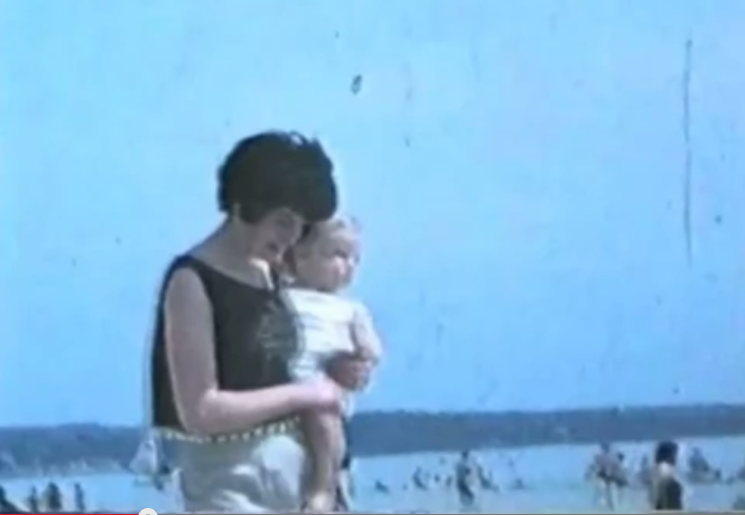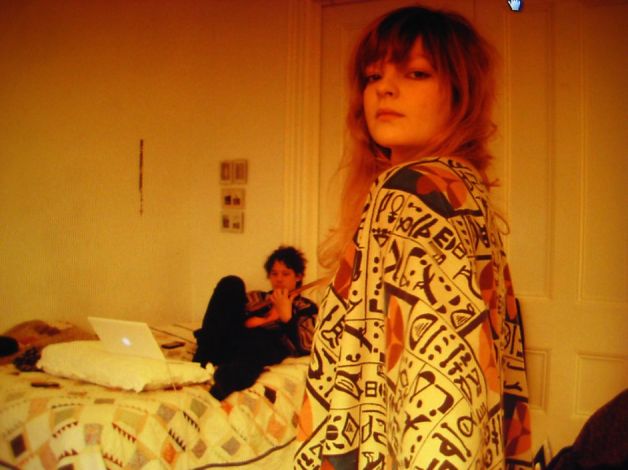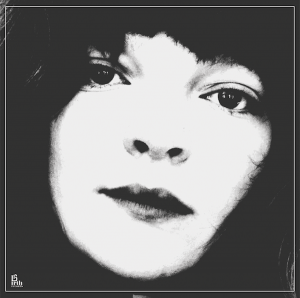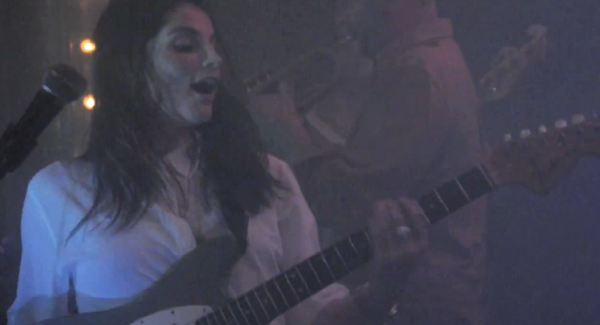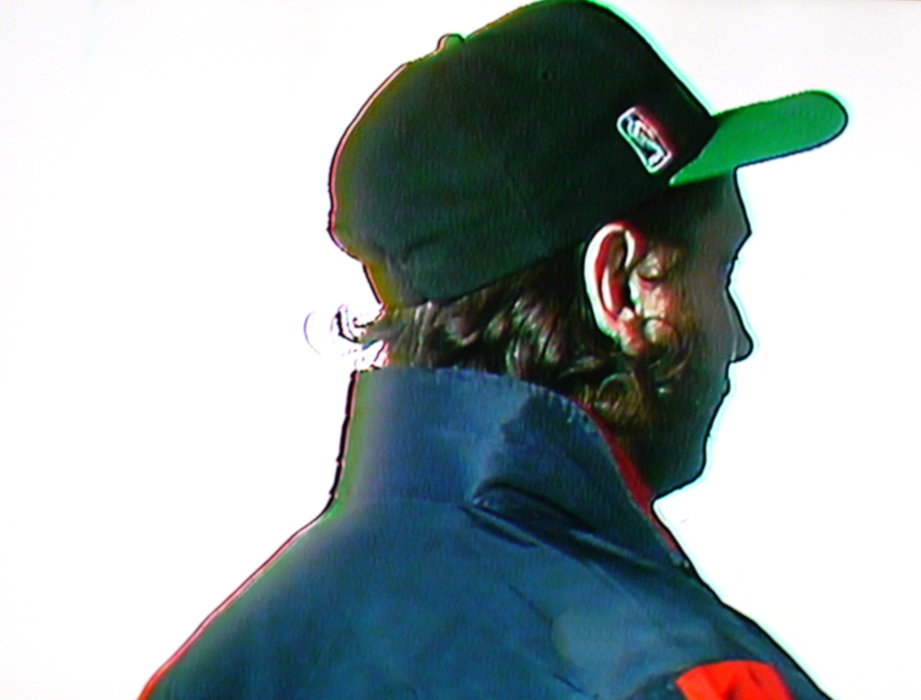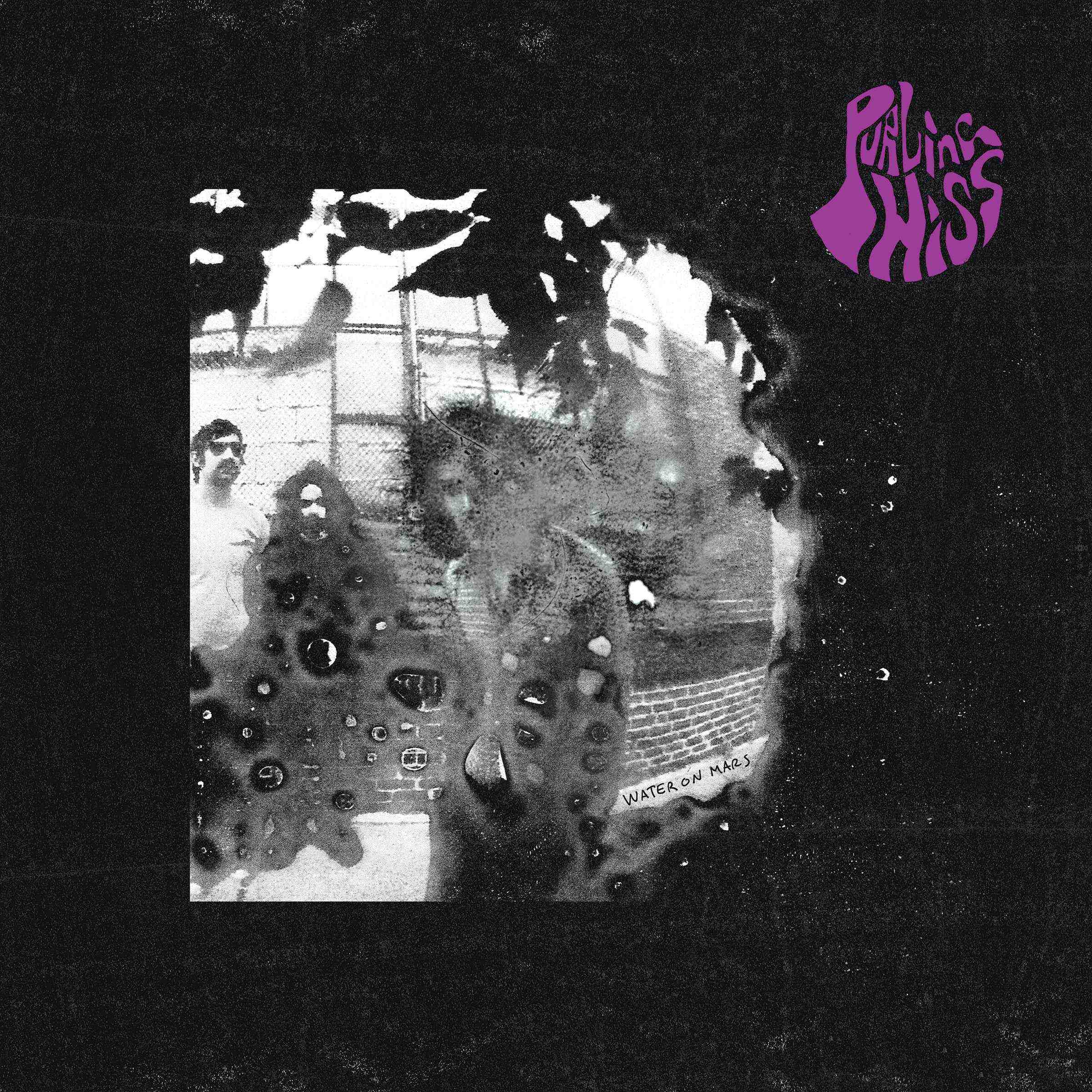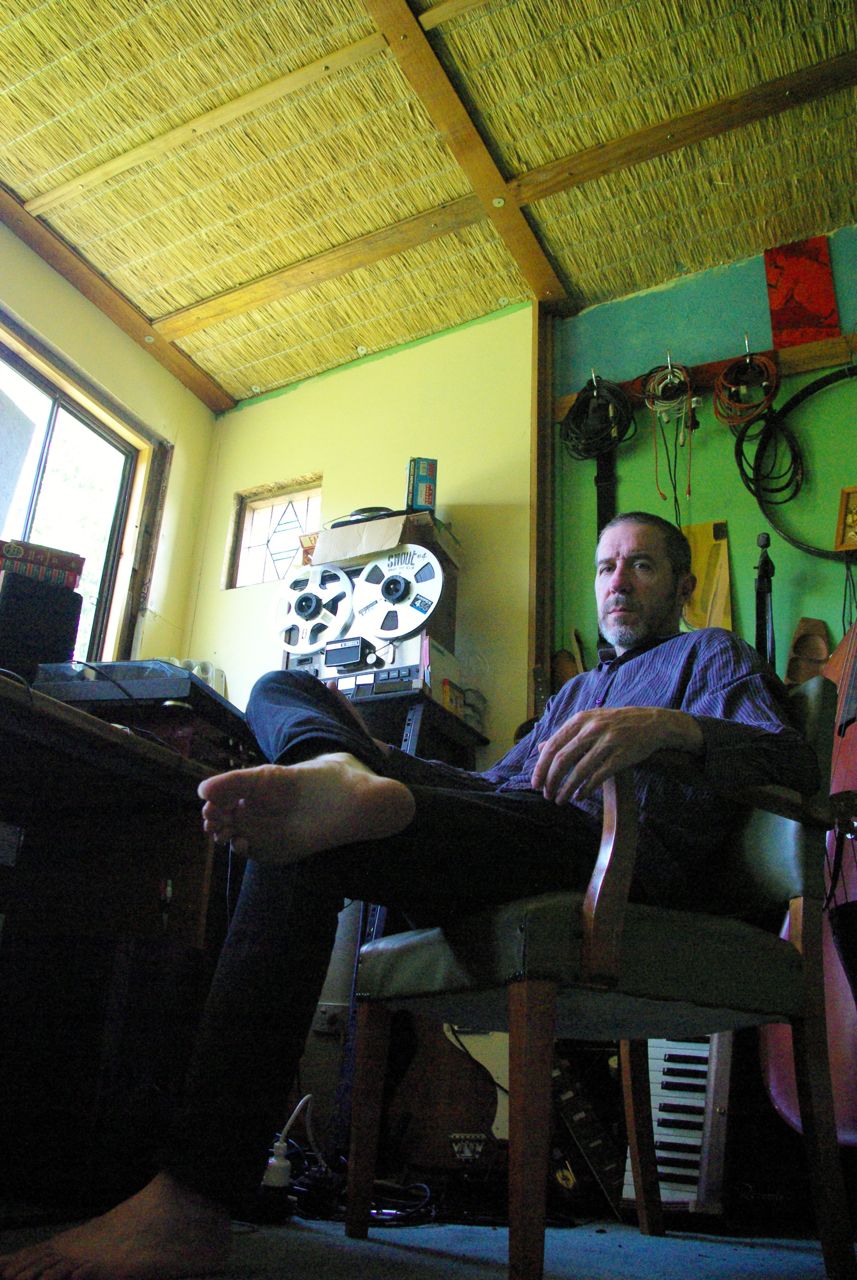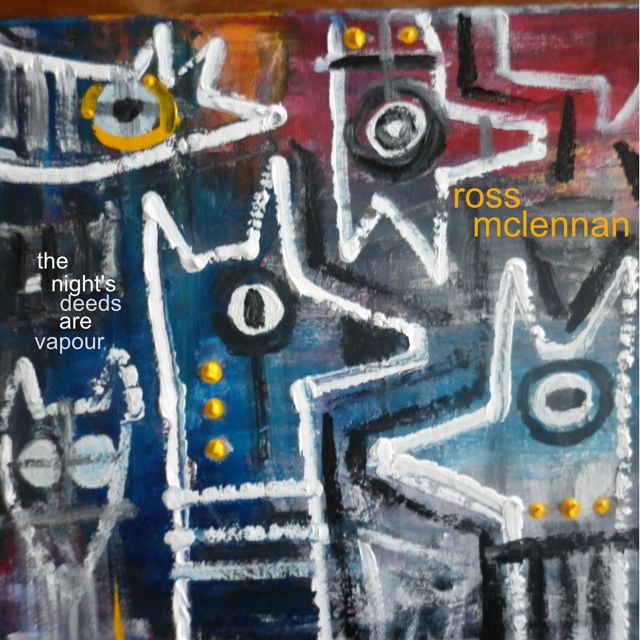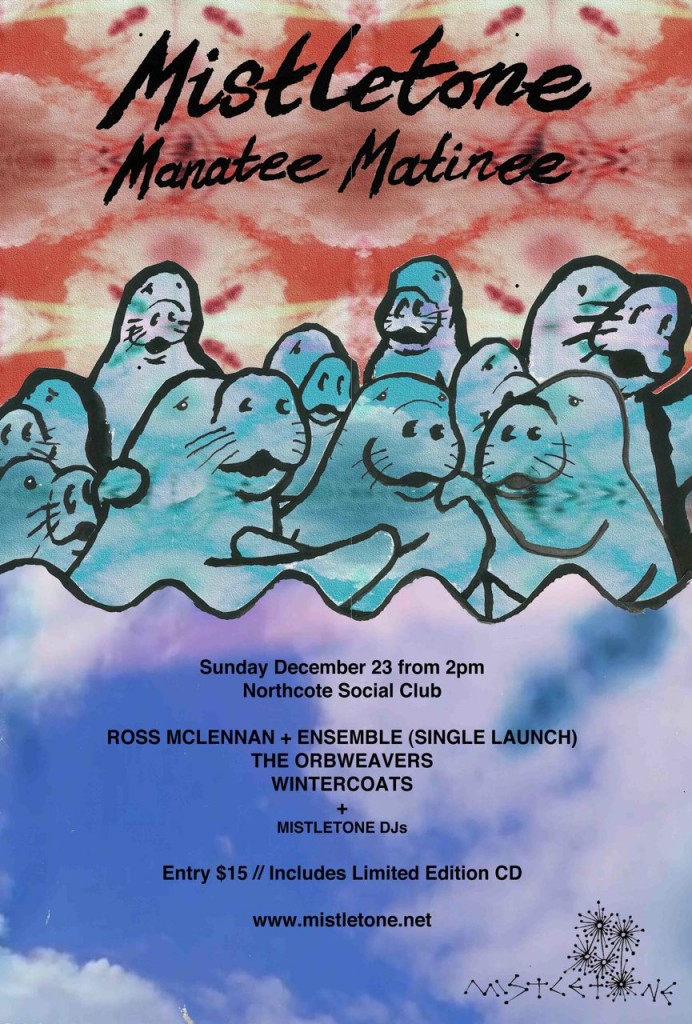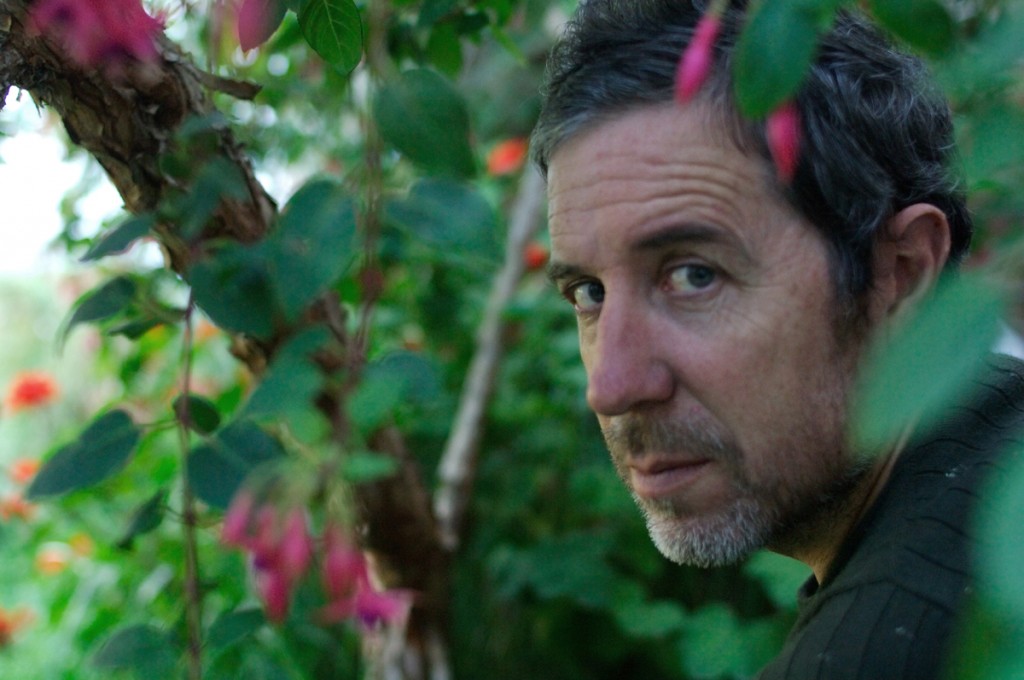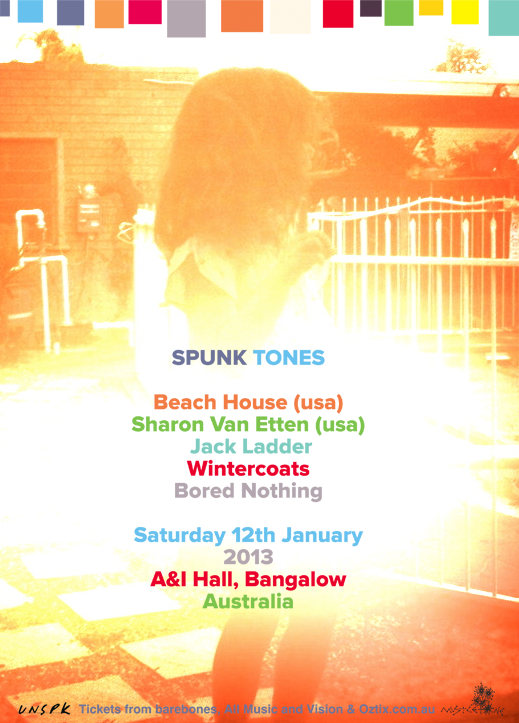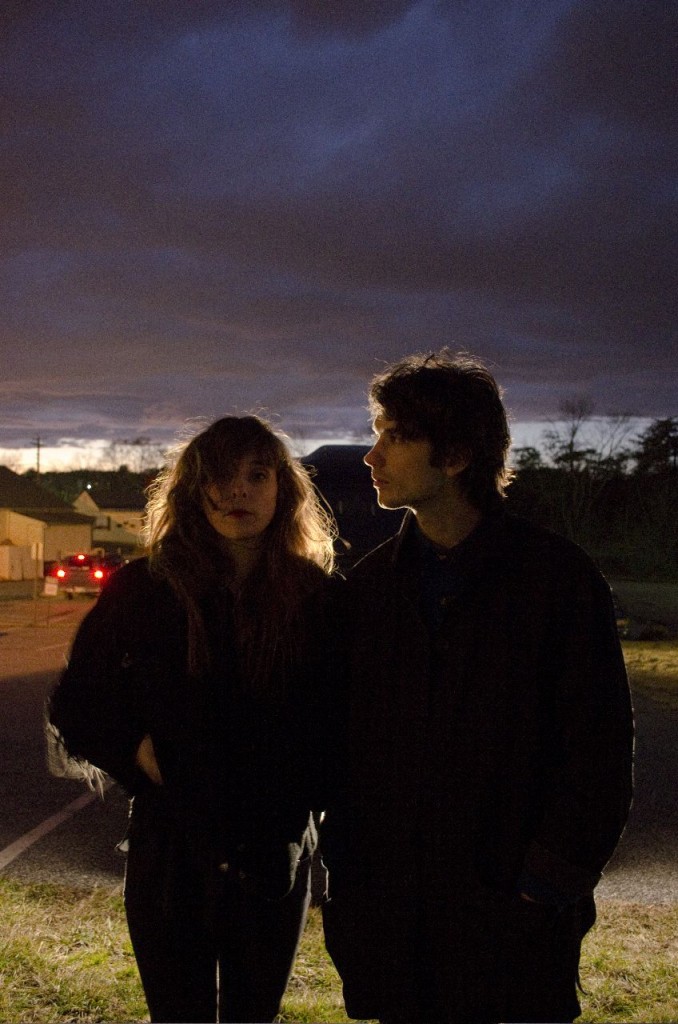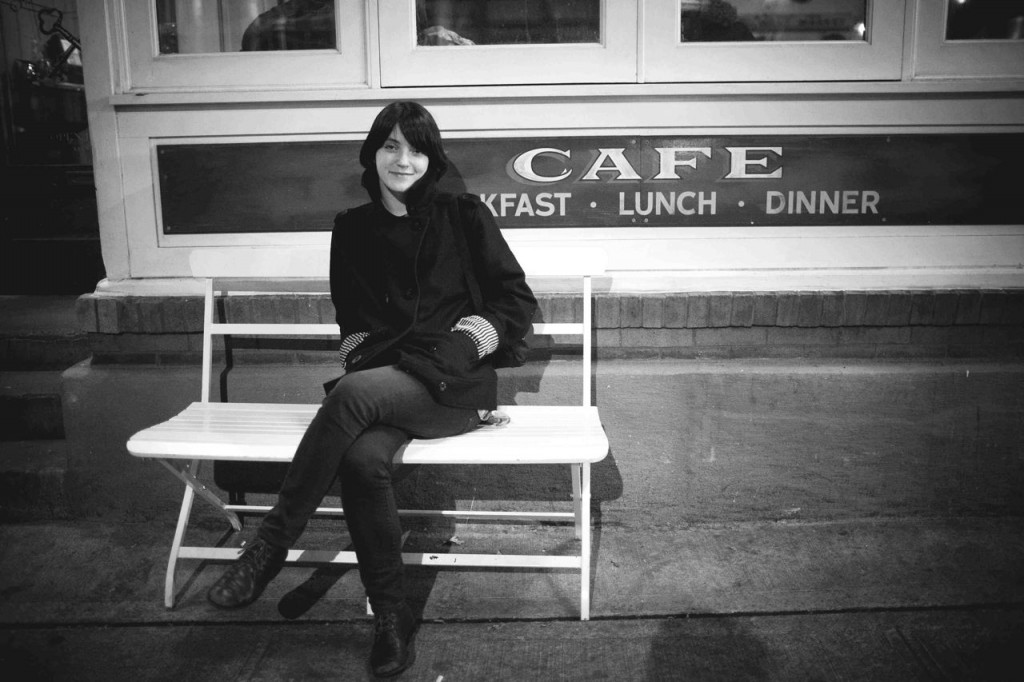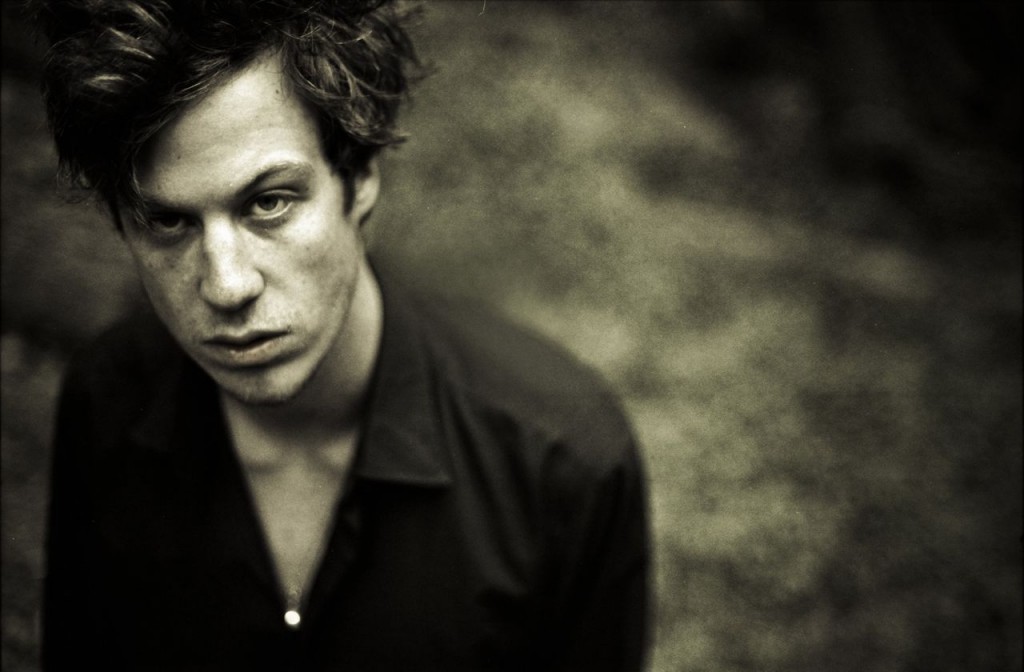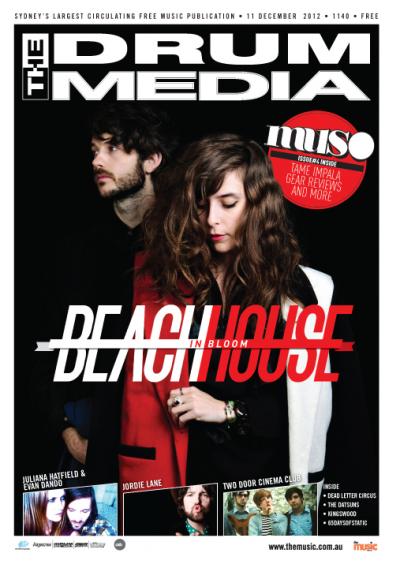
Beach House on the cover of Street Press Australia’s magazines
Only a very brief time remains until Beach House grace Australia’s shores once more with their epic, transcendent live shows. Make sure you mark your calendar & book your tickets, these are unmissable! Presented by Mistletone, triple j and Street Press Australia.
BEACH HOUSE TOUR DATES:
- FALLS FESTIVAL, LORNE: SUNDAY DECEMBER 30. Sold out!
- FALLS FESTIVAL, MARION BAY: MONDAY DECEMBER 31. Tickets on sale now from The Falls website.
- ENMORE THEATRE, SYDNEY: THURSDAY 3 JANUARY w/ special guest Wintercoats. Tickets on sale now from The Enmore website or Ticketek, phone 132 849.
- SOUTHBOUND, BUSSELTON WA: SATURDAY JANUARY 5. Tickets on sale now from the festival website.
- FORUM THEATRE, MELBOURNE: WEDNESDAY 9 JANUARY w/ special guest Wintercoats. Tickets on sale now from Ticketmaster or phone 136 100.
- TIVOLI THEATRE, BRISBANE: FRIDAY 11 JANUARY w/ special guest Wintercoats. Tickets on sale now from The Tivoli website or Ticketek, phone 132 849.
- SPUNK TONES: Saturday January 12 @ A&I Hall, Bangalow feat. Beach House, Sharon Van Etten, Jack Ladder & The Dreamlanders, Wintercoats and Bored Nothing. Tickets on sale now from Oztix or at Barebones Art Space (44 Byron Street Bangalow), All Music & Vision (Ballina, Lismore).
- “It’s presumptuous but not farfetched to predict that 2013 will be the year of Beach House. Just like the Arcade Fire two years ago—best album Grammy, sold out world tours, deluxe album reissue—Beach House seems poised for mainstream success. Bloom, the Baltimore duo’s fourth LP, sold more than 40,000 copies the first week it was released, and for good reason. The album has all the hallmarks of a pop masterpiece: simple arrangements, hummable melodies, universal lyrics and the right amount of edge to appeal to a range of musical tastes. Bloom‘s success can also be attributed to timing: the album came out just as a new wave of dream pop artists seemed to be reaching their height in popularity. At its core, Beach House’s music owes much to dream pop progenitors like Cocteau Twins and Mazzy Star, though without the noise and disaffection of those bands’ work. The pretty, ethereal, slow-tempo songs that make up the bulk of Bloom, carried by Victoria Lagrand’s smoky voice, seem both evocative of the past and embracing of the future. It’s a formula that’s bound to earn Beach House new fans and even more acclaim in the days ahead” – POPMATTERS #4, Best Albums of 2012
Street Press Australia cover story:
Synth dreamers Beach House continue to flesh out their own world on fourth long-player, Bloom.
Alex Scally explains to Brendan Telford why you won’t see the band spruiking their wares via social media.
It’s hard to grasp the phenomenon that surrounds Beach House, aka duo Alex Scally and Victoria Legrand. Conceived in the hotbed of Baltimore’s overtly creative scene that has spawned the likes of Deerhoof, Animal Collective and Lower Dens, Beach House crafted two meticulous albums, Beach House and Devotion, that opened up a dreamscape filled with lush atmospherics and glacial sensuality, highlighted by Legrand’s luscious voice. They played constantly, and while their fanbase grew, it was at an incremental pace. Then in 2009 they moved to Sub Pop to release Teen Dream at the dawn of 2010, and the landscape changed. Their third album exploded, meeting with much acclaim and reaching the zenith of many best-of lists, and the duo were suddenly playing packed auditoriums and festival stages. Scally admits that from the outside the shift in popularity may seem incongruous, but from the band’s viewpoint it was a long time coming.
“It didn’t feel like a blink of an eye for us, because we had been doing the whole band thing for five years before Teen Dream happened,” Scally states. “But it was strange, because even what happened with Teen Dream didn’t feel that fast either. We found ourselves having to figure out how to play bigger rooms, we had to figure out what we wanted our live show to sound like, even what to look like. But we have had to try to deal with overexposure, which is people liking you or crowds liking you for the wrong reasons. So we’ve tried to not do things that’ll sell tickets, but to stick to things that we really care about. That includes what press we do, what opportunities we take. In some ways we weren’t ready for it, in some ways we were – all we can really do is try to control things, to make it about the music and not anything else.”
The balance that Scally and Legrand strike between damage control and compromise is integral to keeping the fragile bubble of their musical aesthetic intact, unaltered by outside forces. Scally intimates that while having a fervent fanbase is important, it doesn’t impact on the songwriting process one iota. “It kinda sounds bad, but we don’t cater to our fans. We do what we want. We don’t prance around or get involved with crowd participation or clapping. We don’t encourage people who don’t really care; we want to bring people into our world, not become part of theirs. If we make things the way we want and people don’t like it, then that’s good. It means they go away and they’re not a real fan. We aren’t a pop thing.”
Such an adamant standpoint helps Beach House to keep separate from another vice of the post-millennial artist – overfamiliarity. With barriers cut down to the point that social media is seen as a viable source of daily contact, interaction and inspiration, Beach House stand tall as a band inherently on their own plane, off the grid, not afraid to avoid filtering their visions regardless of the cost – it is up to the listener to find their way in, not the other way around.
“We have worked extremely hard this time around to not have any social content,” Scally affirms. “There are bands that have twenty-five versions of a song – ‘Oh look, here we are playing our song in an elevator!’ Another one that happens is the remix. We had some videos we were going to release; it was this big project that we were working really hard on, and we are only interested in releasing something that is special to us. I think all bands should be trying to do that, because if every band released four things over the course of a record and they really cared about those four things, the internet wouldn’t be clogged with this meaningless crap, where it’s just something to try so you can have another ‘thing’. We want every single thing that we put our name to to mean something; we don’t want something to exist just so our name pops up somewhere.”
This ideology extends to Beach House’s latest album, Bloom. The intent was for the follow-up to Teen Dream to be an album’s album; no tracks were designed to stand alone or fit the archetypal pop single format. Bloom is an immersive experience, an experiment in aural isolation. Surprisingly though, most of the writing was done in the cold harsh light of touring, where isolation is almost non-existent. To have the focus and foresight to envisage how songs will coalesce into such a template while also providing shows that fans could interact with seems odd, yet Scally espouses that writing on the road is the only way to stay connected to that insular creative environment so as to not lose sight of their vision.
“Writing on the road is really easy – well the genesis of ideas – because you’re stuck playing the same fifteen to twenty songs every night, and I think all musicians subconsciously think that whilst backstage, or doing soundcheck or you’re waiting to set up, they can be creating something fresh and new, something that staves off the boredom of going through the motions. I think it’s amazing how much comes out randomly at those moments, when you pick up an instrument and let things pour out in that way. It’s your version of personal time, and a lot of things happen or begin to form. So these will build and build, and then it might take us six months to a year of sitting in one place with all of these ideas before anything takes form.”
The natural progression of the Beach House sound has been one of increments, the duo steadfastly eschewing any notion of tangential shifts in genre or tempo to instead expand upon their own sound, offering nuance and texture to provide something unique. Bloom then came together, not as a direct statement of intent, but another layer or dimension to their world that is very much a part of who they are.
“We wanted to do what we had done three times before, which was make this album to the point where we loved it, then release it, then tour – it’s that simple,” Scally laughs. “We really love doing this, so there’s no reason to craft something, make something that isn’t already there in front of us. We want to keep playing, and playing to people, and to continue to push ourselves, sure. It’s a huge thing to put out a record; it’s very emotional and personal. It’s a time in your life, it’s a reflection of the world around you – a record is many things. But there’s never a ‘what next?’ moment. We don’t try to stymie ourselves intellectually, to think too much into things. Music is all wrapped up in feelings, and you are trying to bring it into a physical reality. Music is spiritual – it’s a very intense thing.”
Scally has always been passionate about asserting that music is not a hobby, pastime or attraction for Beach House – it is an embodiment of who they are as people. The marriage of creating music and delivering it to others can however be one of diminishing returns, regardless of the intention.
“We have created visuals that we feel will connect with the audience, that will help bring those emotions on stage with us every night,” Scally says of those intentions. “We work really close with our lighting crew, who we’ve had with us for over a year, and we try to treat each song, we try to bring each song to life. Not just in hue but in colours and shapes – it’s a very intricate process. It took us the first ten or fifteen shows of the year just to get what we have now. And it’s really fun; it’s a whole other thing. You’re thinking, ‘How do you make a song come to life every night, let alone all of them?’ It’s a real challenge, and sometimes we fail. And it changes again when you have a different album, a different base of emotions.
“No one can compare writing songs and touring them – they are completely separate. I love touring; there is the constant interaction with people and the inspiration you get from going to those places and meeting those people. Then there is the solitude, the wonderful feeling that is making a record. It’s your own world and you don’t have to share it with anyone. It can be traumatising sometimes, and really joyous in others. I think it’s amazing that there are these two entirely different musical experiences that surround the same thing, and I get to be a part of that. And it’s the same for listeners too; the separate worlds of listening to a record and going to live shows. I get to do it all. I go to a lot of shows and listen to a lot of records, and they aren’t even remotely the same thing; the group experience as opposed to the individual.”
AURAL DISQUIET
Beach House’s Alex Scally has strong opinions when it comes to the reasons why people make certain types of music, yet it also corresponds with how people listen to music. He has stated on a number of occasions how he’s disappointed that a lot of discerning listeners deconstruct tones and atmospheres that are created within a given composition rather than focusing upon the song as a whole – that listeners are failing to uphold integrity.
“I should clarify that I’m not saying that the creation of tone-based music isn’t interesting as well, more so that I’m commenting on a societal trend, the ADD-ing of the world,” Scally stresses. “It seems that everything is getting faster and more superficial as far as I can tell. Everyone seems more concerned about consuming songs; faster, faster, skip to the next track to see if it’s faster. It feels like there is a trend, or more of a growing disorder, where people don’t want to repeat anything. It’s all about the song, what can I get for three-and-a-half minutes that I can then rehash ad nauseum. I’m worried that people aren’t getting anything from music anymore; that it’s become this bite-sized sugar rush where a person will go, ‘La la la la la’ and everyone responds, ‘That’s awesome, it’s party time!’ Then a week later it’s something else entirely. People clicking on songs that fit into their jogging schedule or something. There is no investment in that; it’s an instant fix that becomes disposable, and therefore redundant. I just worry that this bleeds into the world of the artist too. Bands have said before that they are only going to put singles out, or that albums are dead. You need to challenge people; you need to expand their attention spans.”
